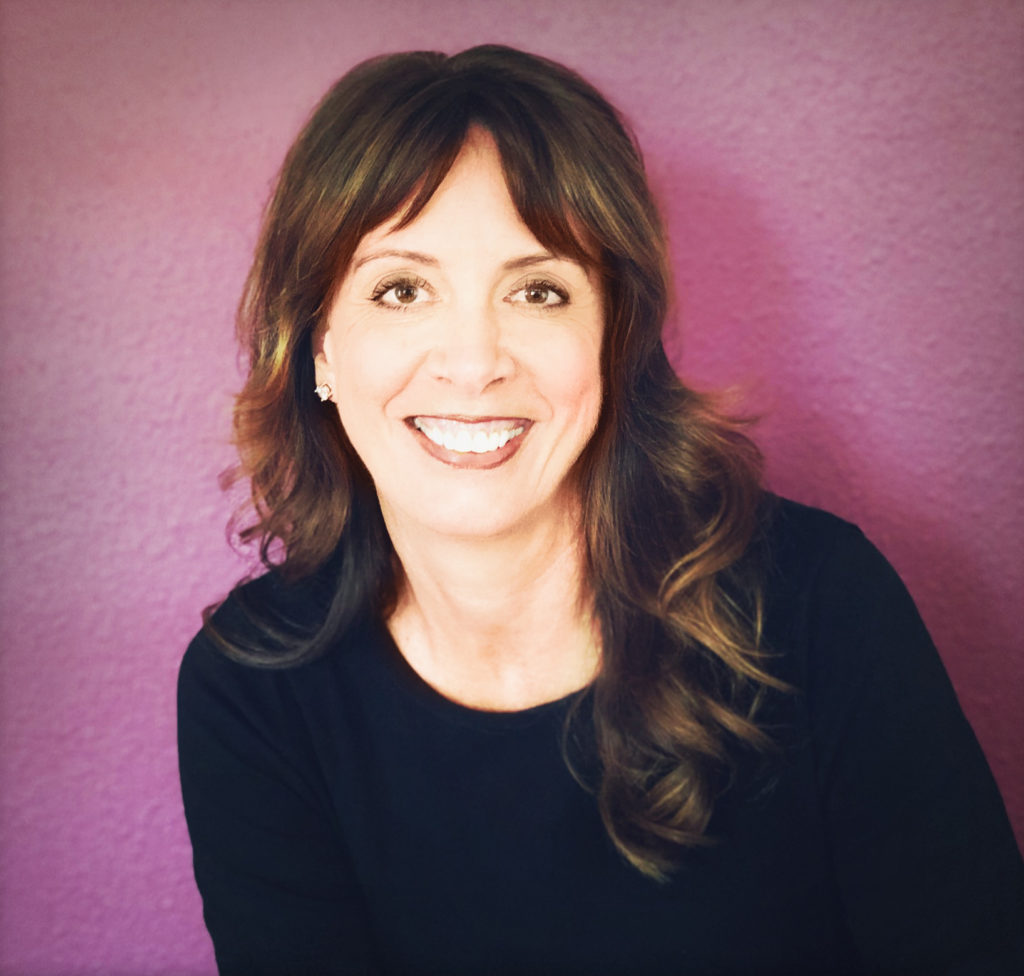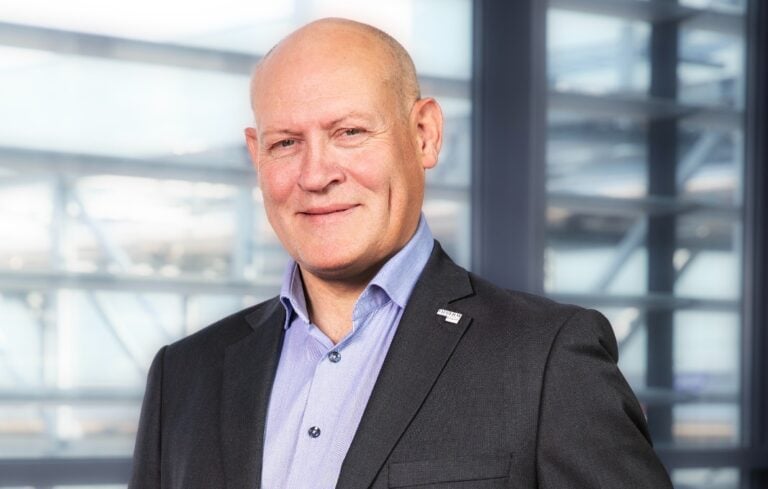
Molly Hemmeter has worked in marketing and chemical engineering, for both big corporations and startups. She has a master’s in chemical engineering and an MBA from Harvard.
This diverse background has prepared her to be the CEO of Landec, a $500 million publicly-traded company that manufactures food and wellness products. “It was a company that really brought my experience, my passion, and my entrepreneurial and leadership skills together in one role,” she says.
Landec has two product lines: a natural foods business, which includes packaged vegetables, salad kits and other healthy foods. This side gives Landec the brunt of its revenue at $460 million. It also has emerging biomaterials business, which does $55 to $70 million in revenue.
Hemmeter says the company has ridden a wave of health-conscious consumers who crave fresh vegetables and a renewed interest in salad kits, while using innovation to leverage the segment’s fast-changing trends. For instance—kale.
“I remember when kale was the hot thing, but nobody was eating it. People were talking about it, but not eating it. And I think we just stuck to a very basic principle about making it easy and delicious to eat healthy foods,” Hemmeter says. The healthy part isn’t hard when it comes to kale, but what about delicious?
“If you’re going to have a salad with kale, it has a very bitter and rough taste, so you need to create a salad that has ingredients to compliment that and gives the consumer something they want to enjoy. That’s what we did with our sweet kale salad.”
Tight timelines and innovation
In fact, to stay ahead of the curve of the trillion-dollar healthy foods industry, Landec must consistently invest in R&D, Hemmeter says. The company’s R&D department works directly with consumers before taking a new product onto the market. In other cases, it will simply make an acquisition based on a technological innovation.
An example is how the company got involved in the vegetable business in the first place. Hemmeter explains: “Landec acquired the vegetable business because it had a unique packaging technology with BreatheWay. And our BreatheWay membrane is a patented technology that we put in the bags of our products that actually extends the freshness and the shelf life of our products.”
The emergence of what Hemmeter and Landec calls the “plant-forward customer” means natural foods must be natural—straight from the ground to the plate. That means time is of the essence. The products typically have a 17-day shelf life from the time they are harvested, she says, and Landec has about a week to get those products in stores within that timeframe. Along, the way, the company faces numerous challenges in adhering to this tight timeline and satisfy the “plant-forward customer.”
“We’re constantly seeing a rise in cost and labor. We’re constantly seeing a rise in cost in field cost and we’re always dealing with the volatility of mother nature. And what we need to do is consistently come out with innovative products that can drive growth, so we can offset these costs and challenges. So we continue to invest in innovation,” says Hemmeter.
The company’s products are found in the club channel, stores like Sam’s Club or Costco, in both the U.S. and Canada. They are also found in about 50 percent of grocery and mass retailers in North America, she says. Another portion goes directly to restaurants and they’ve even dabbled in the direct-to-consumer market.
Finding a passion
Not to be forgotten, Landec’s biomaterials business has seen 10% percent growth, says Hemmeter, and a higher margin business. It also doesn’t rely on mother nature, which is a consistent thorn in the side of the healthy foods side. In fact, the mother nature challenge has forced Landec to decentralize decision making, allowing people on the ground to make quick decisions and keep things moving.
But for Hemmeter, overcoming these kinds of obstacles and allowing her team to succeed is part of the job. She says being CEO of Landec means her responsibility is building a vision and creating a long-term plan that allows the company to fulfill that vision, even if it means dealing with mother nature or any other number of problems. And she wouldn’t have it any other way.
“If you can find that job that you’re passionate about…and I love to lead and I love leading teams…if you can find that passion, your jobs becomes something that you love to do. That’s what I’d wish for anyone in whatever job that they have.”
Read more: American Water’s Susan Story On Winning Talent And Why Culture Is Key







